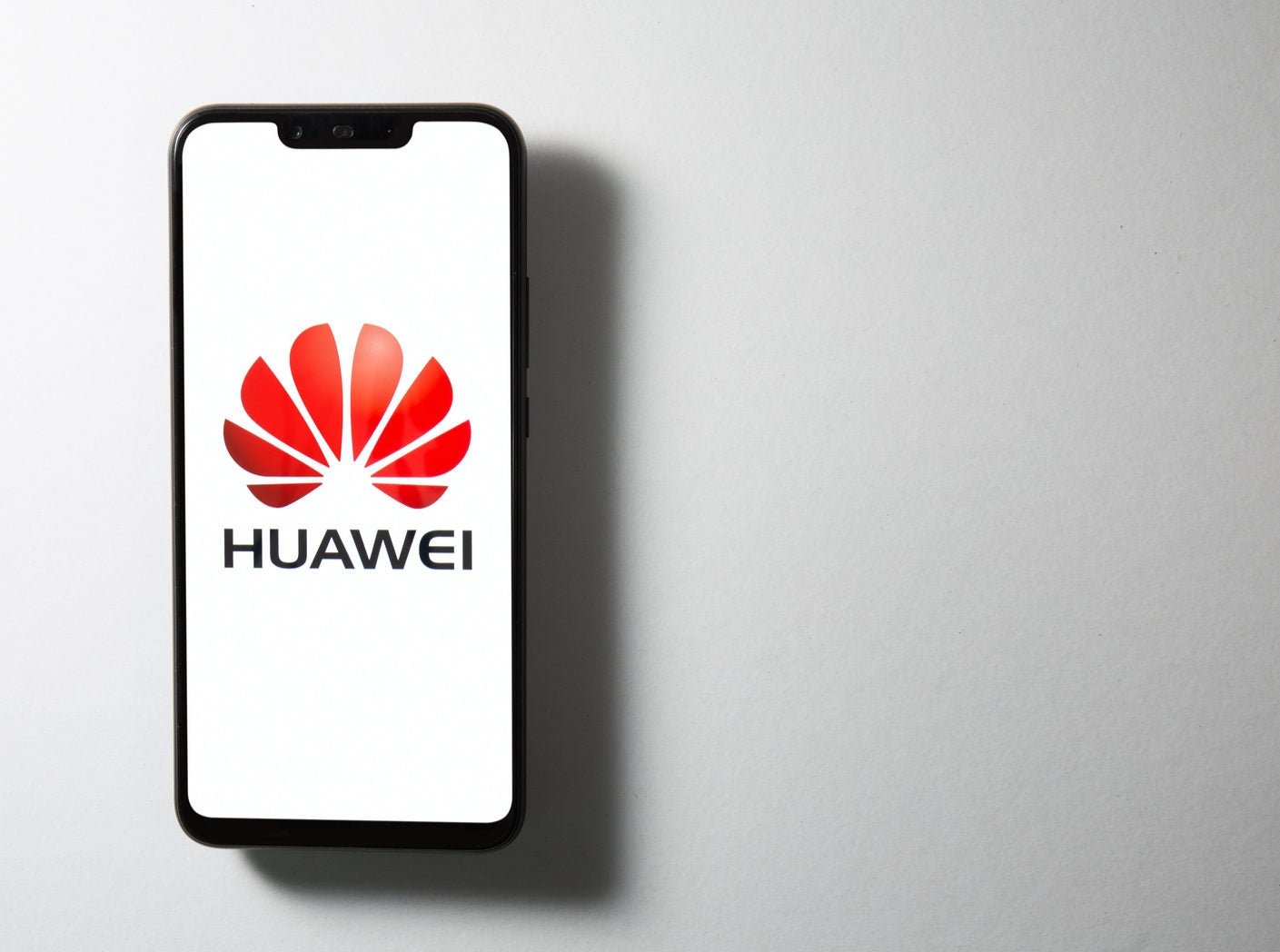
Employees working for the United States’ leading technology companies are unable to agree on whether Huawei poses a threat to the security of the US.
The Chinese telecommunication company was blacklisted by the US government last month over long-held fears that it could be used to carry out espionage on foreign nations for the Chinese government – a fear that is strongly denied by Huawei.

Access deeper industry intelligence
Experience unmatched clarity with a single platform that combines unique data, AI, and human expertise.
Regardless, the ban means that US firms are unable to trade with the company unless they have a licence from Washington granting them permission to do so. Temporary exemptions are currently in place, but numerous US tech giants have already moved to limit their dealings with Huawei. Google has restricted the company’s use of the Android operating system on its devices, and Microsoft to pull Huawei products from the Microsoft Store, for example. Facebook has also stopped the pre-installation of its apps on Huawei phones.
While there is little evidence to suggest any wrongdoing, more than half of technology professionals agree that Huawei poses a threat.
In a survey conducted by anonymous workplace chat app Blind for Verdict, some 54% of technology professionals answered ‘yes’ when asked whether Huawei is a security threat to the US, compared to 46% that answered ‘no’.
However, while the majority believe Huawei is a security threat, less than half of technology professionals agree with the US government’s decision to blacklist Huawei. Overall, 47% of respondents agreed that Huawei should be banned, while 53% answered no.

US Tariffs are shifting - will you react or anticipate?
Don’t let policy changes catch you off guard. Stay proactive with real-time data and expert analysis.
By GlobalDataBlind allows employees to discuss workplace matters anonymously with their colleagues and industry peers through public and private forums. Blind counts thousands of verified employees from companies like Google, Facebook, Microsoft and Apple among its users.
How do tech companies feel about Huawei?
Chipmaker Qualcomm is the company most fearful of Huawei, with close to 80% of Qualcomm employees stating that the company is a threat to US security. This is significantly higher than other companies, with SAP and Intel employees expressing the second and third most fear over Huawei at 64% and 60% respectively. According to Reuters, Qualcomm and Intel employees have warned their employees against having informal conversations with Huawei representatives at industry events and meetings.
Those employed by ride-hailing firm Uber expressed the least concern over Huawei, with just 37% believing that Huawei is a security threat, and 37% backing the government’s decision to blacklist the company.
Despite being one of the first to respond to the government ban, just 41% of Google employees believe that there is a threat from the Huawei, while 60% disagree with the decision to blacklist the Chinese company. Similarly, 58% of Microsoft employees do not believe that there is a threat, and 58% disagree with the government’s decision.
Is Huawei a security threat to the US?
Friend or foe? Possible reasons for tech’s mixed messages on Huawei
It is unclear from the survey why a large percentage of tech workers are against to the ban. However, many of those overwhelmingly against it work for consumer-reliant companies such as Airbnb, Uber and Tesla, where more than 60% disagree with the decision, which could suggest fears over access to market should China decide to respond.
Likewise, as reported by the Financial Times, executives at Google feel that banning Huawei could present new security risks. Huawei is reportedly developing its own operating system in respond to the restrictions on use of Android, which could make these devices more susceptible to hacking.
Three of the five companies where the majority of employees agreed with the decision to ban Huawei are in the cloud computing space. Some 65% of Vmware employees agreed with the ban, as well as 57% of Salesforce employees and 53% from Oracle.
With its telecoms business under pressure, Huawei recently branched out into the enterprise business market with the launch of a cloud-based database management product that could make Huawei a competitor to companies like Oracle.
Read more: Tesla blocks access to anonymous workplace chat app Blind amid crackdown on employee leaks







